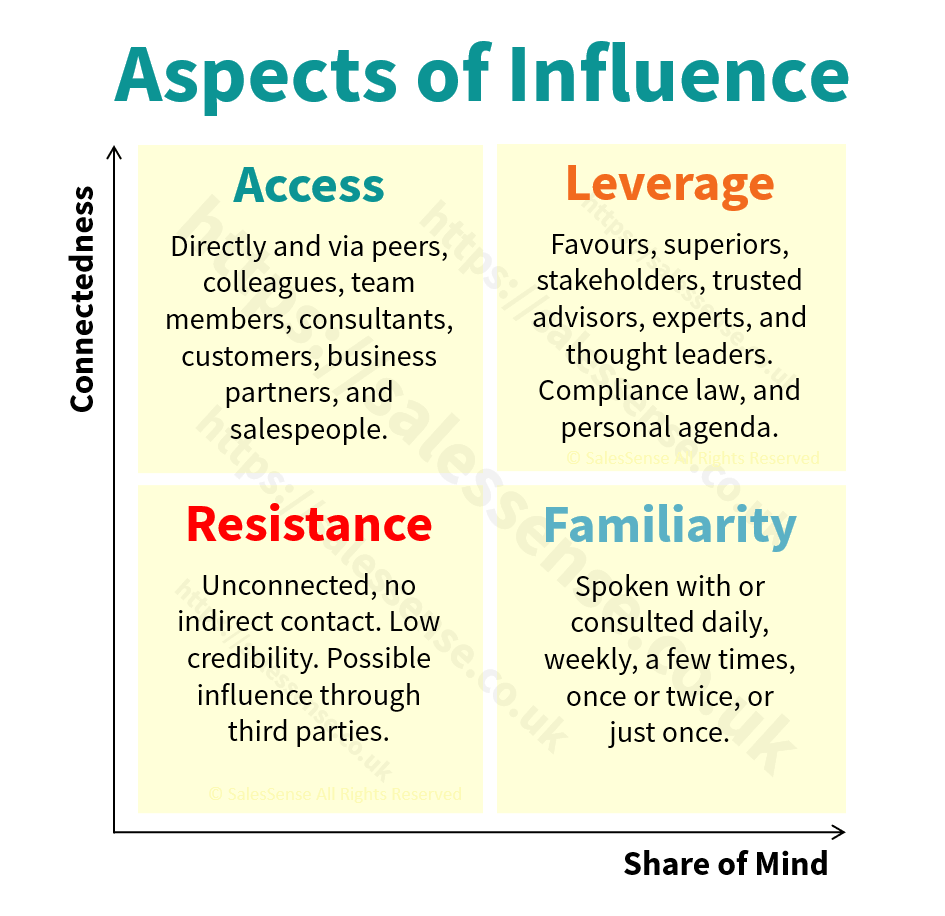How to build trust fast and quickly establish trusted advisor status in business relationships.

If you can inspire trust quickly and then avoid sabotaging it early in a relationship, then you should do well in a sales role. It isn't the only way to succeed however, it makes up for a lot of other deficiencies. Knowing how to build trust fast and become a trusted advisor is a significant advantage for sellers.
Some people seem to make people feel right about trusting them earlier than normal caution dictates. Grifters covet this ability. Without it, few marks could be convinced to part with their cash. Salespeople are little different to grifters in the minds of many.
Having the added encumbrance of a declared sales role, excellent interpersonal skills and the ability to become perceived as a trusted advisor by sceptical buyers is more bankable than a generous compensation plan.
In business-to-business relationships, trusted advisor standing may need to be established with several different people, all with distinct characters and different needs.
Trust is often spoken of as a definite thing. Either you have someone’s trust or you don’t. Yet trusting happens with a thousand different grades of belief. How far would you trust your best friend? Perhaps you feel happy about blindly falling backwards into his arms. How about giving her your pin code? Maybe your bond is true and you would happily sit astride the shoulders of your best buddy as he walks a ten-inch plank bridging at the top of two five-storey buildings, bridging the gap between them.
Nerves of steel huh?

Try this test. List your close friends and loved ones in your mind and as you think of each person, consider trusting him or her with knowledge of your skeletons. Yes, the ones you would rather not be reminded about. Maybe you don't have any shameful secrets, or non that you can admit to yourself.
Saying that you trust a person is almost meaningless if you don't qualify how you are using the term. The statement, ‘I trust you to tell me the truth’ is much stronger than ‘I trust you to collect my dry cleaning’. Thinking, ‘I trust you with information that could get me fired’ is not the same as agreeing to be open and honest.
Some time ago I bought a used car for my 17-year-old son who was learning to drive. The salesperson who sold it demonstrated the ability to gain our trust, quickly. My wife made the first contact and she trusts people easily so I was the sceptic, at least until I met him.
To be fair, I should point out that the car came from a specialist retailer with a showroom rather than from a used car lot. The quality of the bricks and mortar goes a long way towards establishing credibility. Nevertheless, the salesperson concerned built trust fast.
The judgment I made in the first few seconds was largely based on first impressions. Then, as our conversation developed, Vince (not his real name) reinforced my perception in several specific ways. Examining my experience, as best I can in retrospect, here is a list of the things that won him trusted advisor status.
- Eye Contact and Facial Expression - There are fifty-three muscles in the human face. They are employed to communicate one's thoughts. What we think always appears on the outside for all to see. The act of interfering with this connection communicates the necessity to hide something and creates a feeling of mistrust. Interpersonal skills include the ability to project the right facial expressions. In B2B trust situations, people have less of themselves invested in the transaction so it is easy to convey disinterest. As soon as either side raises important issues such as price and suitability, the face gives up its owner's thoughts. Facial hair makes it more difficult to read facial expressions and so works against salespeople who wear a beard or moustache. Vince made good eye contact. His facial expression communicated openness and confidence without arrogance. He was communicating honestly. His face said so. His facial expressions were in step with his words and his confidence in the car he was selling.
- Good Appearance, Stance, Gait, Posture, Build, Height, Weight, and Health - As unfair as it may be, numerous studies indicate that those who are pleasant to look at are easier to trust. Vince had a neutral pleasantness about him. His stance and movement seemed natural. He appeared smart and tidy without being overly so. He respected personal space. He appeared healthy. There may not be much that people can do about their looks. The important thing is to make the best of them. Appearance plays a significant part in building trust. It is difficult to compensate for failing to create the right visual first impression.
- Voice - Good enunciation makes it easier for listeners to understand what is said. Familiar pronunciation has the same effect. While the place of birth usually dictates pronunciation, Salespeople can pay attention to their enunciation. An unfamiliar regional accent combined with poor enunciation is very likely to undermine trust. Vince is a local lad so he sounded familiar. He also spoke well, clearly articulating his words and sentences. Other aspects of voice such as pace, volume, and tone have the power to communicate trustworthiness. We are more likely to trust someone who sounds like us, who speaks at a similar pace and at a similar volume. The right use of eye contact, appearance, and voice are significant contributors in the race to become a trusted advisor.
- Verifiable Proof - Fast on the heels of making a good first impression is the use of verifiable facts rather than hyperbole. Vince did this by having the car’s documentation in his hand when he greeted us and by referring to it as he answered our questions or spoke about the car. Throughout our engagement, Vince continued to speak factually. By this, I mean that all of the information he provided, could easily be checked for it’s accuracy.
- No Pressure - When I sense pressure being applied by a seller, my instinct is to interpret it as desperation. Salespeople are supposed to progress a sale to its conclusion, either positive or negative. In this case, we found ourselves trusting Vince and the whole thing progressed naturally. Trust is dismantled when the customer feels the natural progression of a sale as pressure. In the delicate process of moving a sale forward, the perception of pressure is subjective. It is the buyer's perception that counts.
Early in a business relationship, trust is a fragile thing that needs coaxing into maturity. It cannot be left to chance because the default condition is to distrust people in sales roles.
The part that trust plays in a sale depends on a number of factors. Immediate and substantial advantages such as the perception of getting a good deal or gaining some unusual bonus or benefit, lessen the importance of trust in the salesperson. Purchases that depend on ongoing support, the business relationship or cooperation, increase the importance of trust.
In general, sensitivity to trust increases with the value of the purchase. Complex solutions or services tend to be more dependent on trust. Simple products or solutions are easier to evaluate and less connected with the integrity and honesty of the supplier.
Offering outstanding value and a gold-plated guarantee may be an alternative to becoming a trusted advisor - but don't bank on it.
Article by Clive Miller
If you are looking for ways to increase trust in business relationships or need to become a trusted advisor to important customers, get in touch. Telephone +44 (0)1392 851500. We will be pleased to learn about your needs or talk through some options. Send an an email to custserv@salessense.co.uk for a prompt reply or use the contact form here.












